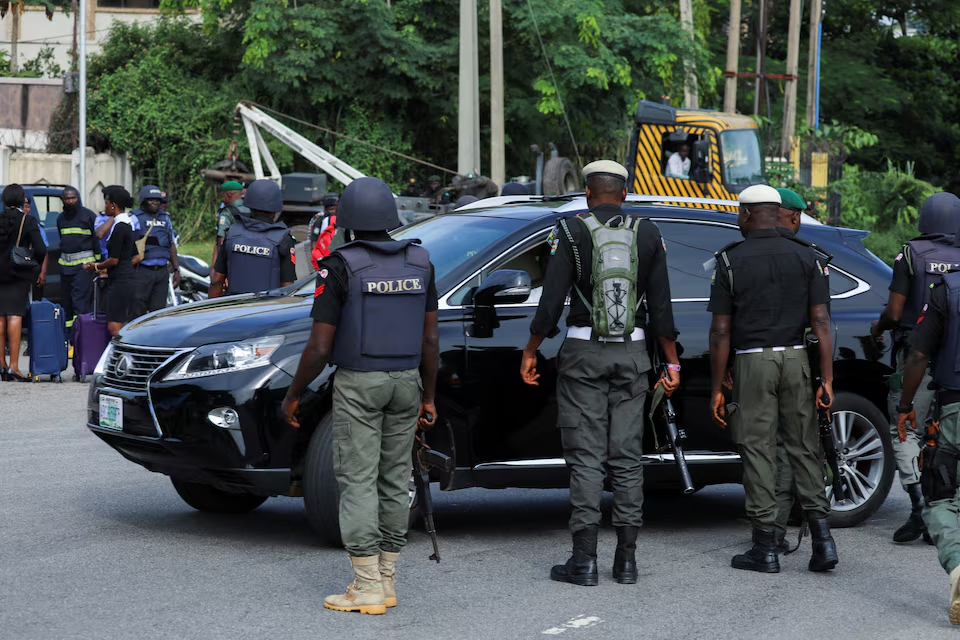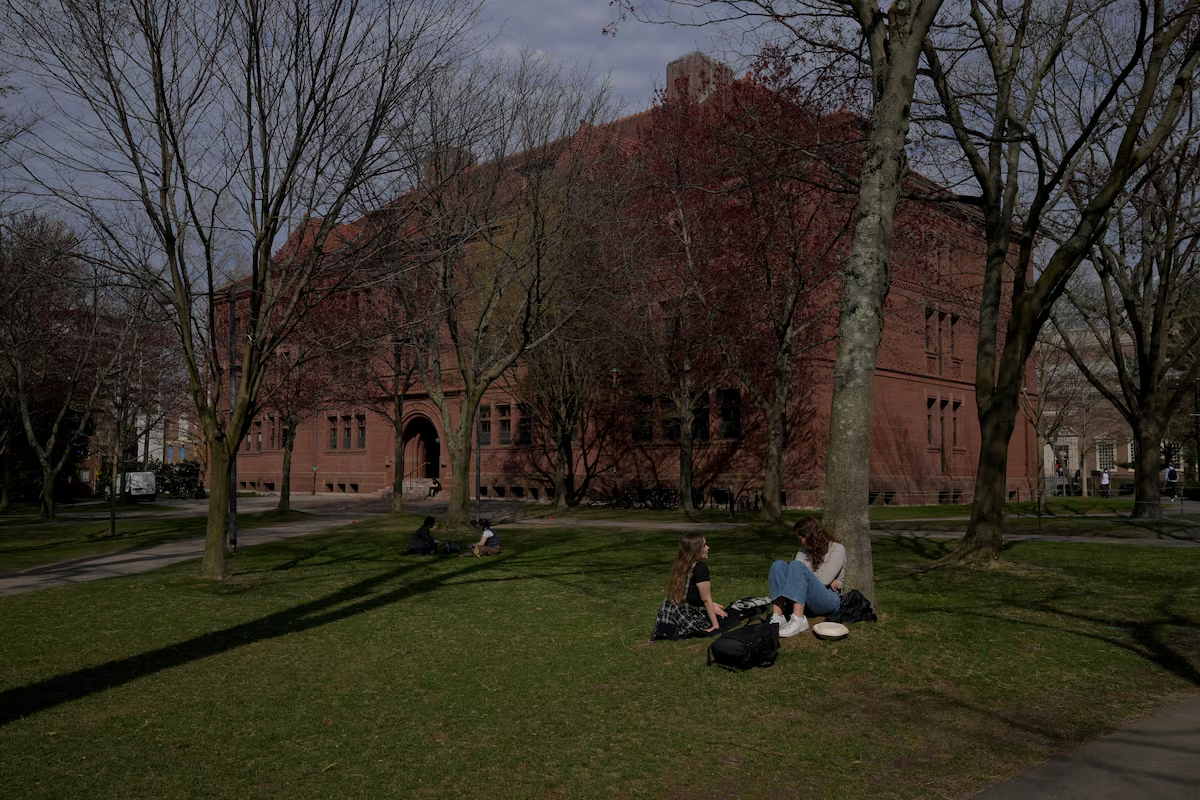A new report has found that a series of enforced “sit-at-home” protests led by separatist groups in southeastern Nigeria have resulted in over 700 deaths since 2021.
The report, released on May 26, 2025, by Nigerian civic group SBM Intelligence, details how the Indigenous People of Biafra (IPOB) and its armed wing, the Eastern Security Network (ESN), enforced shutdowns through threats and violence across the region.
The “sit-at-home” orders began as a protest for the release of IPOB leader Nnamdi Kanu, who is currently in detention facing terrorism charges. While IPOB leadership has officially distanced itself from some of the violence, the shutdowns have continued, often enforced by armed individuals attacking civilians and businesses that defy the orders.
Civilian Impact and Economic Disruption
According to the report, more than 150 attacks have been linked to the protests, causing widespread fear and leading to the closure of schools, markets, and transport systems. The protests have also contributed to worsening economic hardship in a region already struggling with insecurity.
Civilians caught violating the stay-at-home orders have reportedly been shot at, beaten, or had their vehicles set on fire. The report includes accounts from survivors, families of victims, and local officials who describe a climate of intimidation and violence.
Security Forces and Response
The Nigerian government has deployed security forces in response to the unrest. While authorities say they are working to restore law and order, the report notes that military and police crackdowns have sometimes led to further violence, including extrajudicial killings and human rights abuses.
Despite efforts to suppress the movement, enforcement of the sit-at-home orders continues, especially on Mondays and dates linked to IPOB commemorations.
Ongoing Legal Case
Nnamdi Kanu remains in detention while his case is pending in Nigerian courts. His supporters claim the charges against him are politically motivated. His detention has become a rallying point for many in southeastern Nigeria, where calls for a separate Biafran state persist.
Conclusion
The report concludes that the combination of separatist violence, government response, and deteriorating public services is fueling a cycle of insecurity and public fear in southeastern Nigeria. It calls for increased efforts toward political dialogue and the protection of civilian lives.
Source; Reuters



